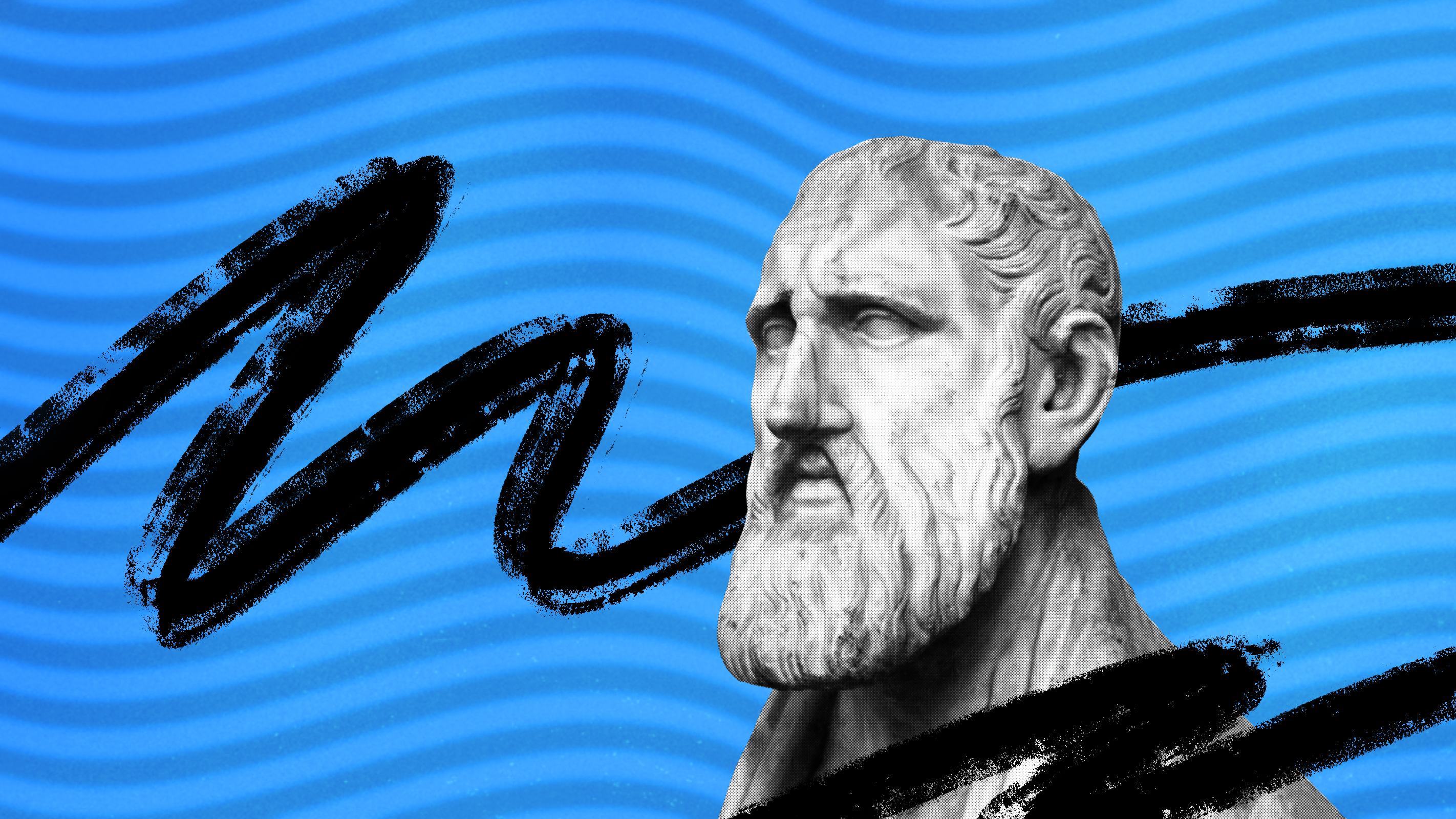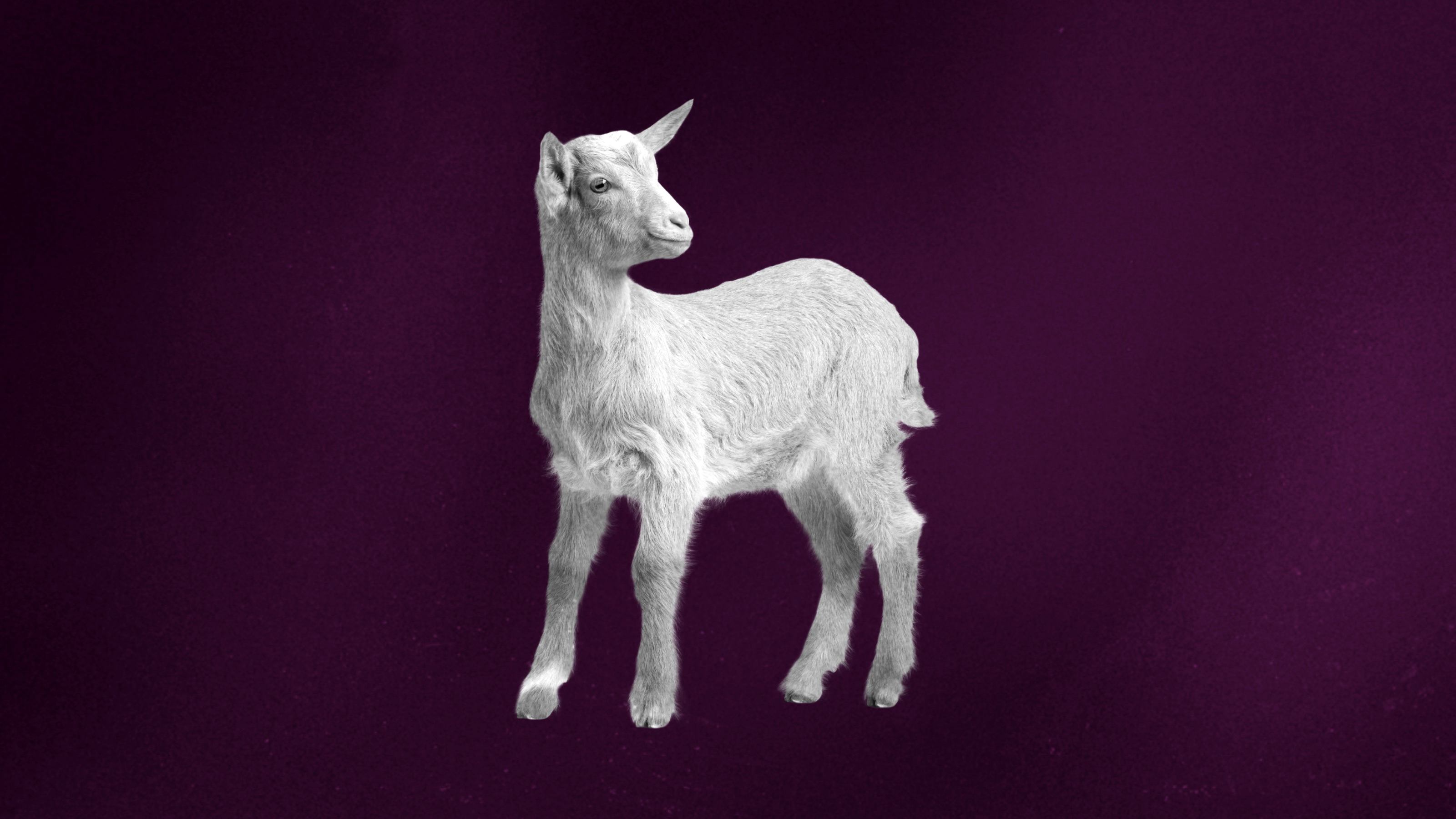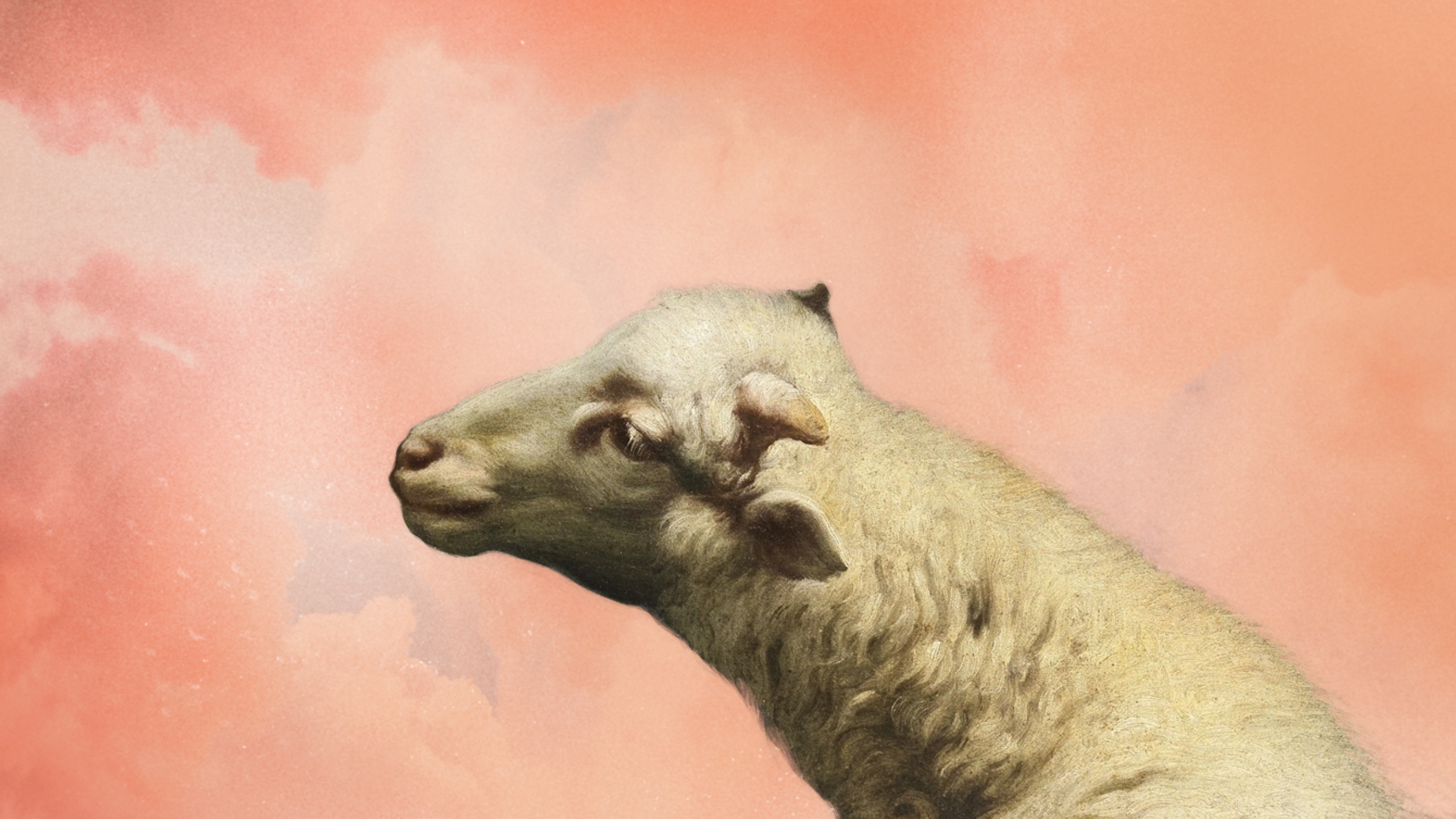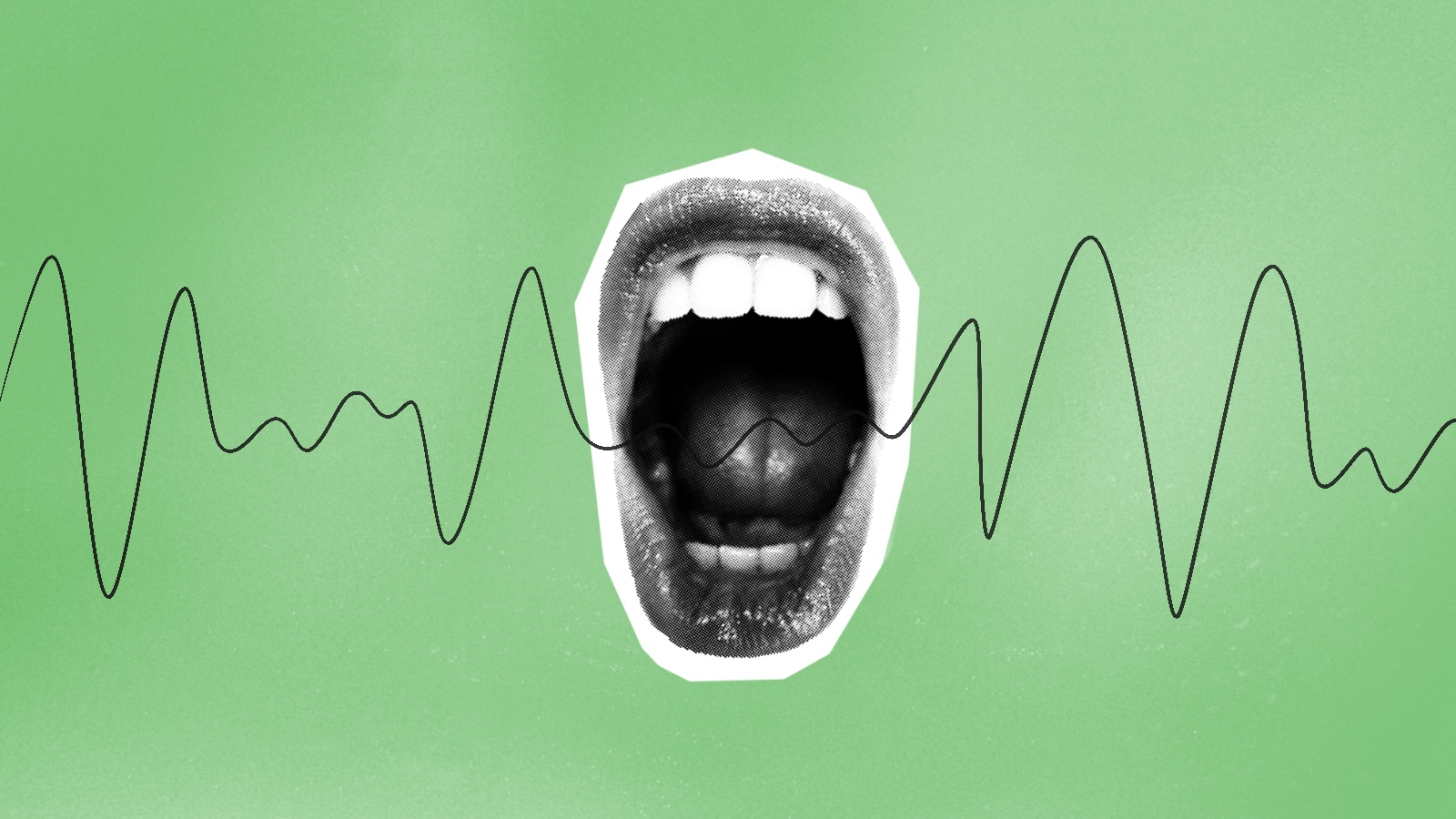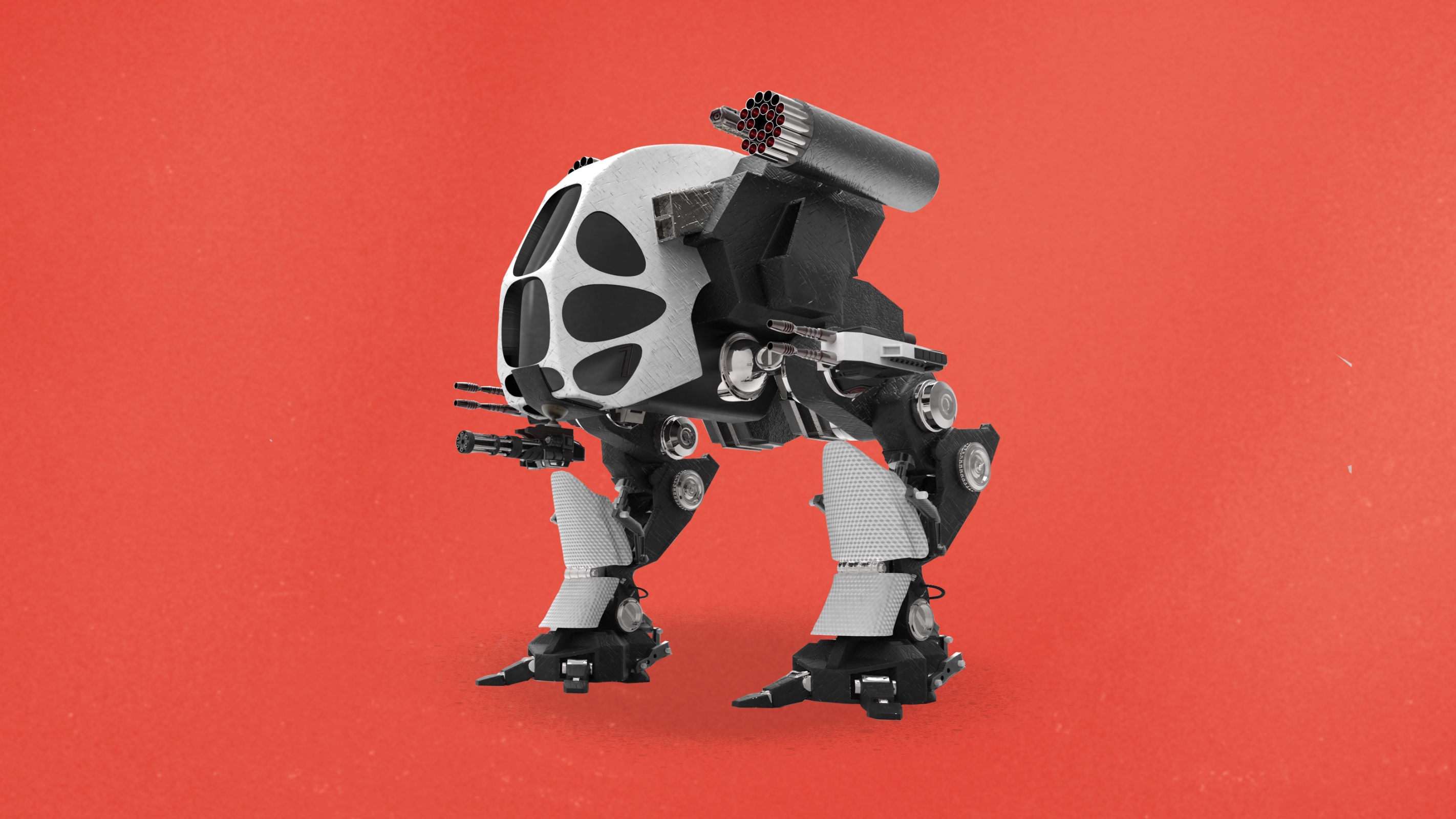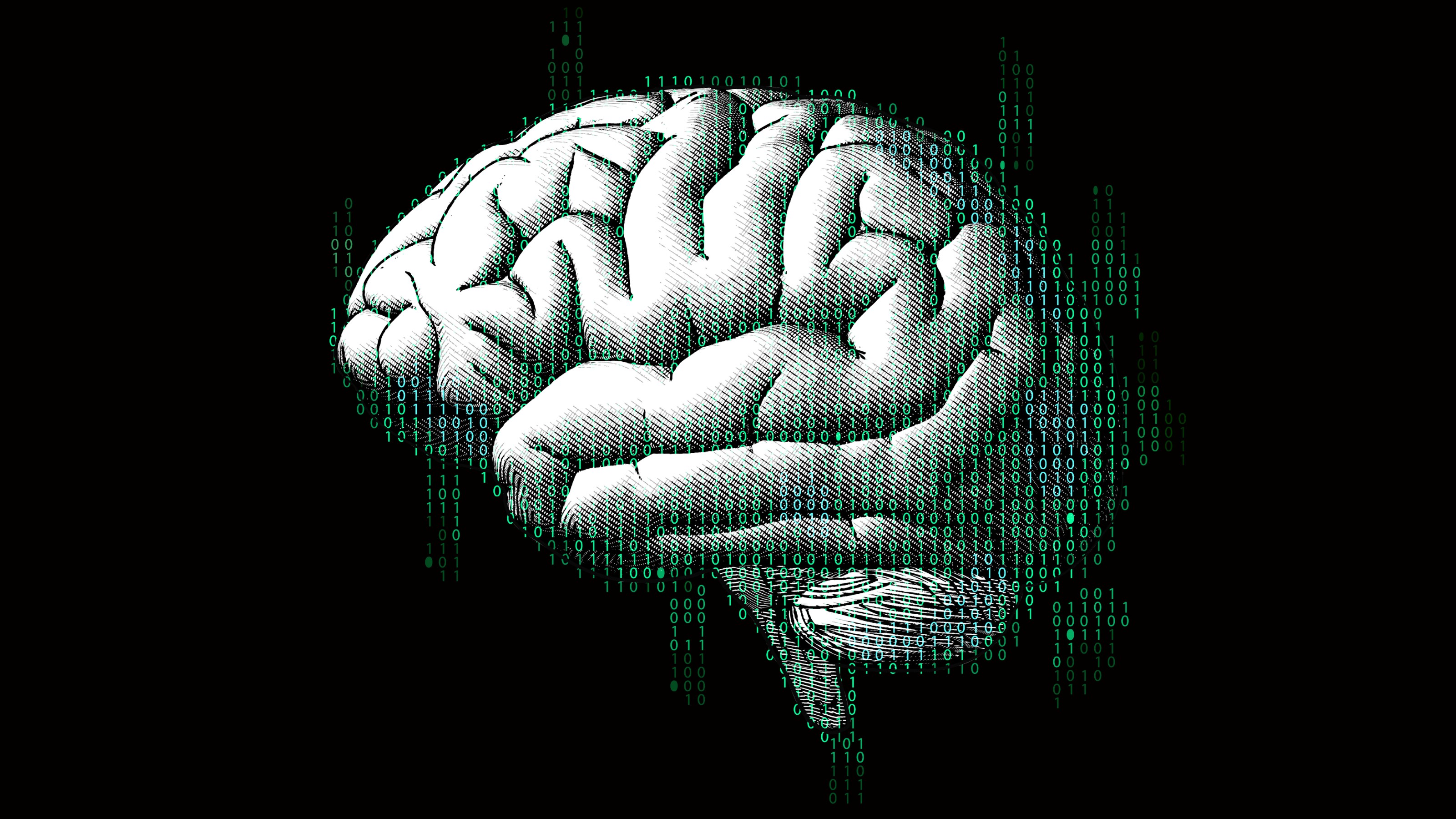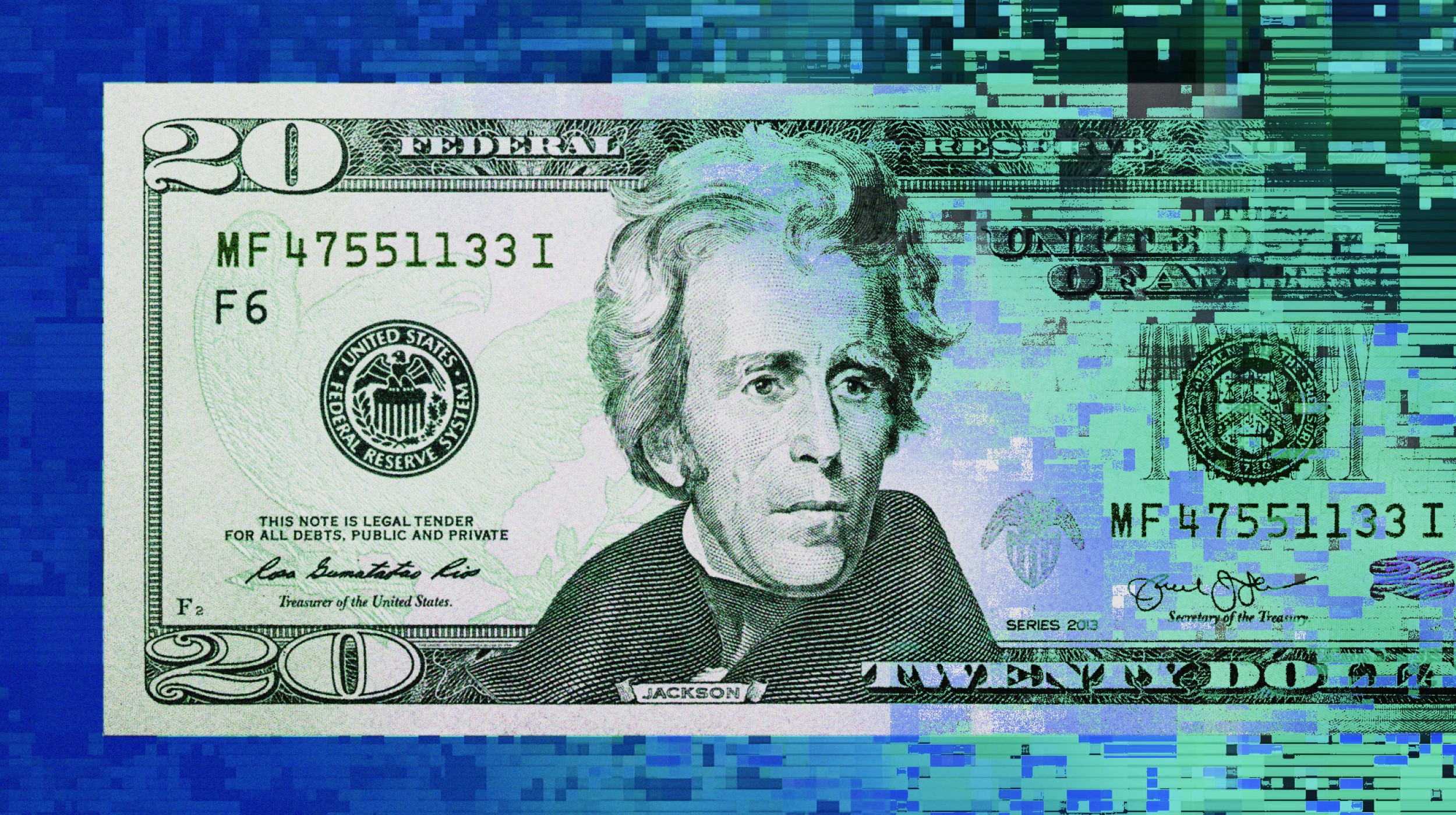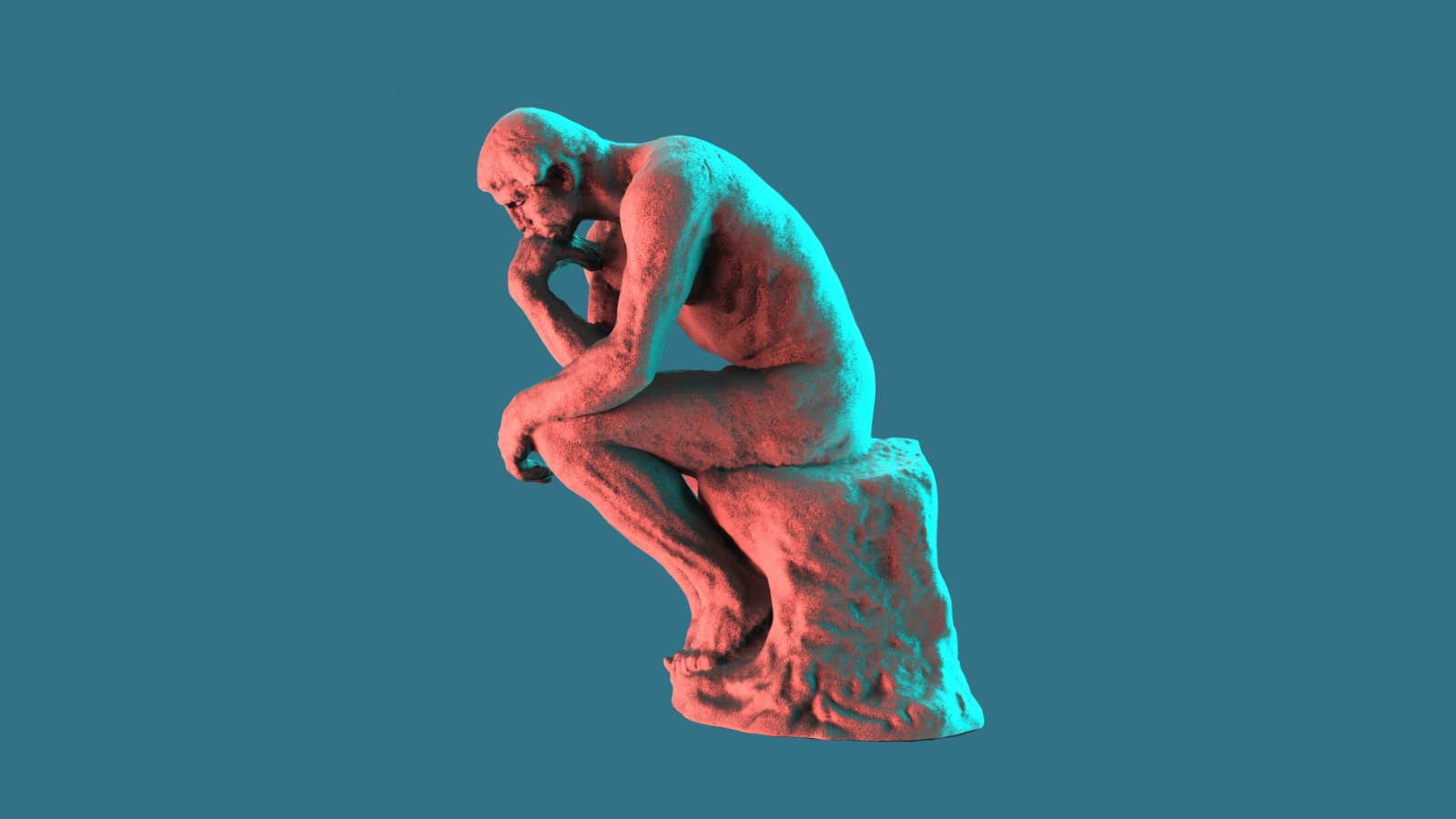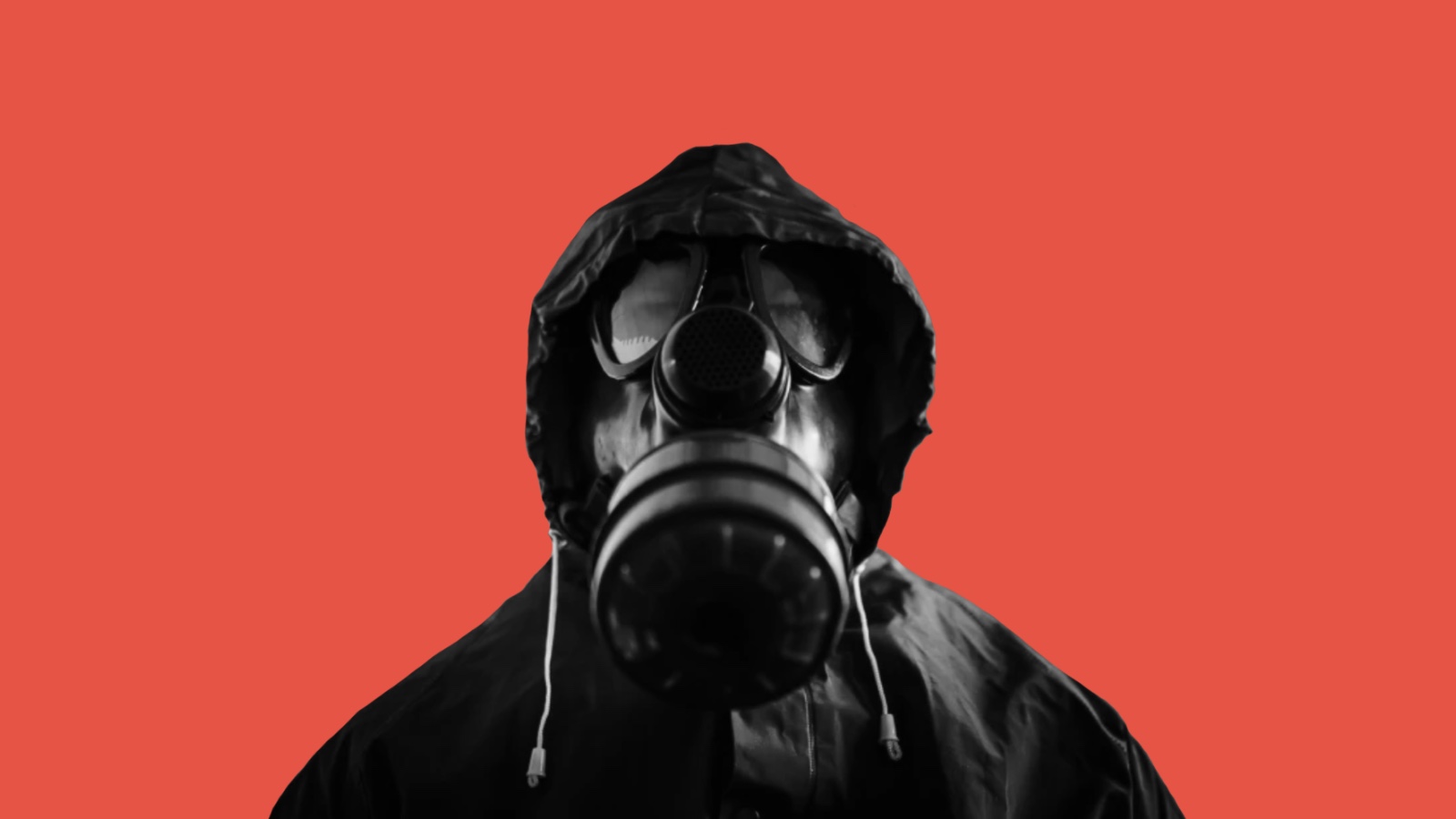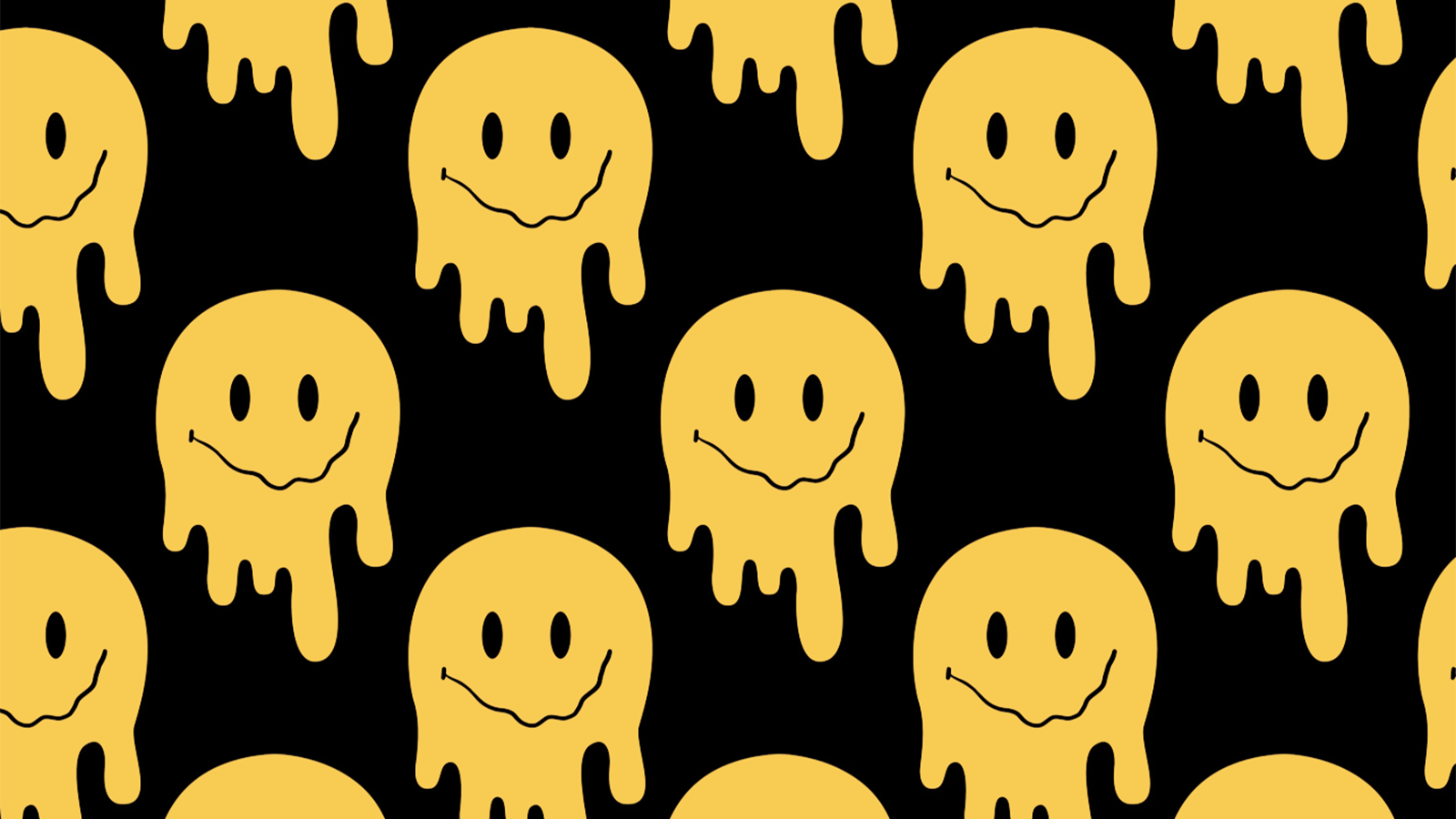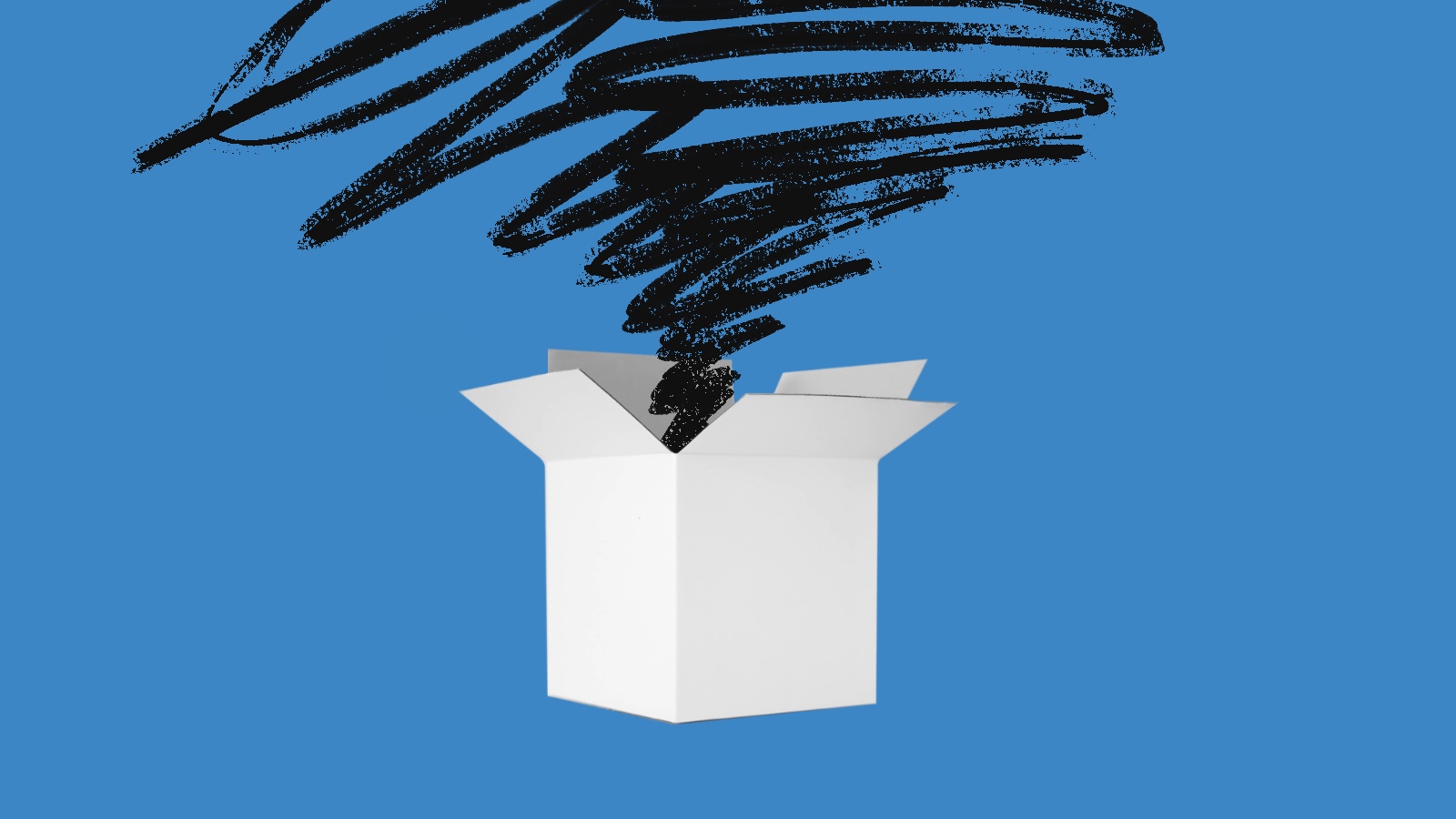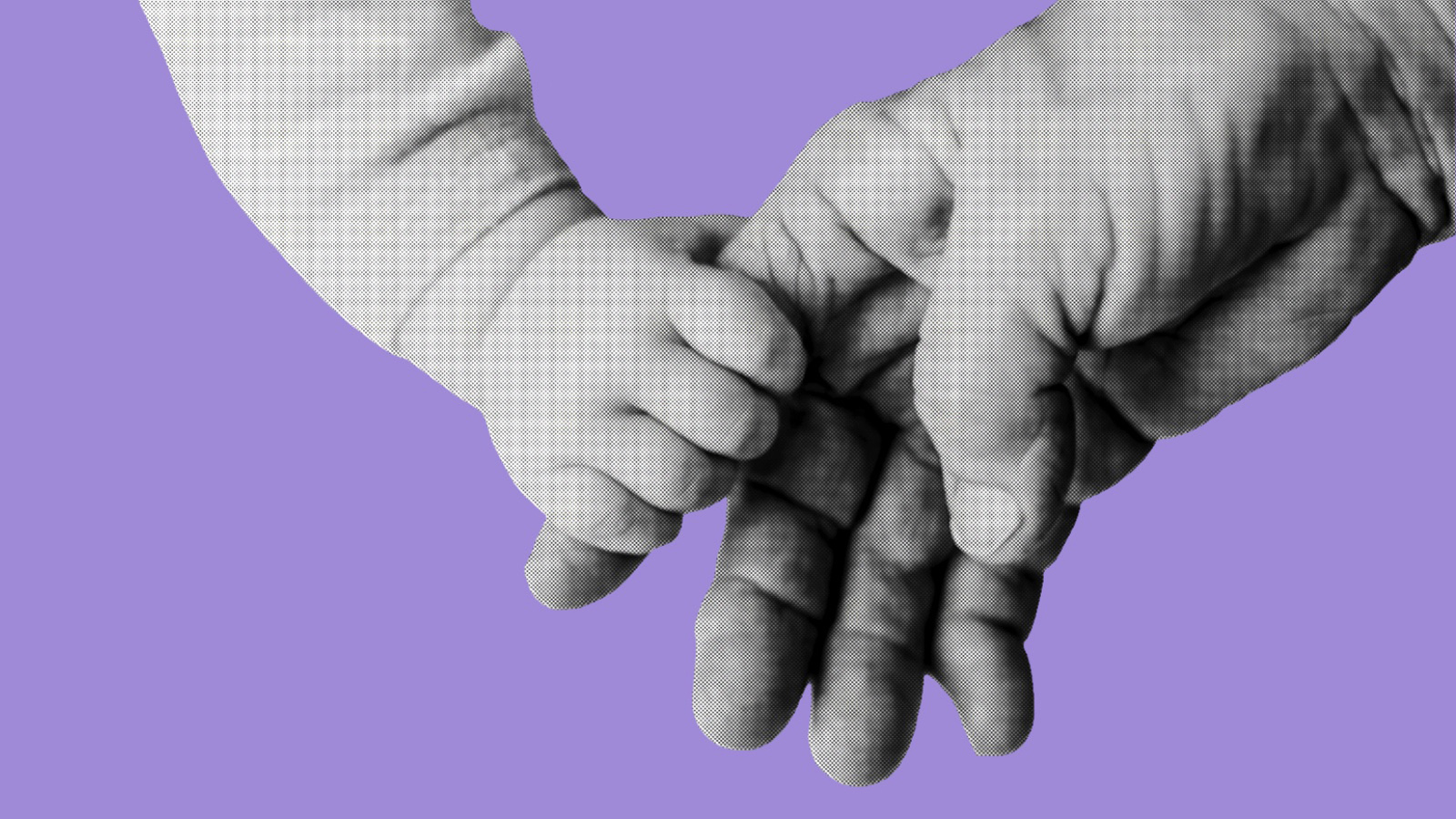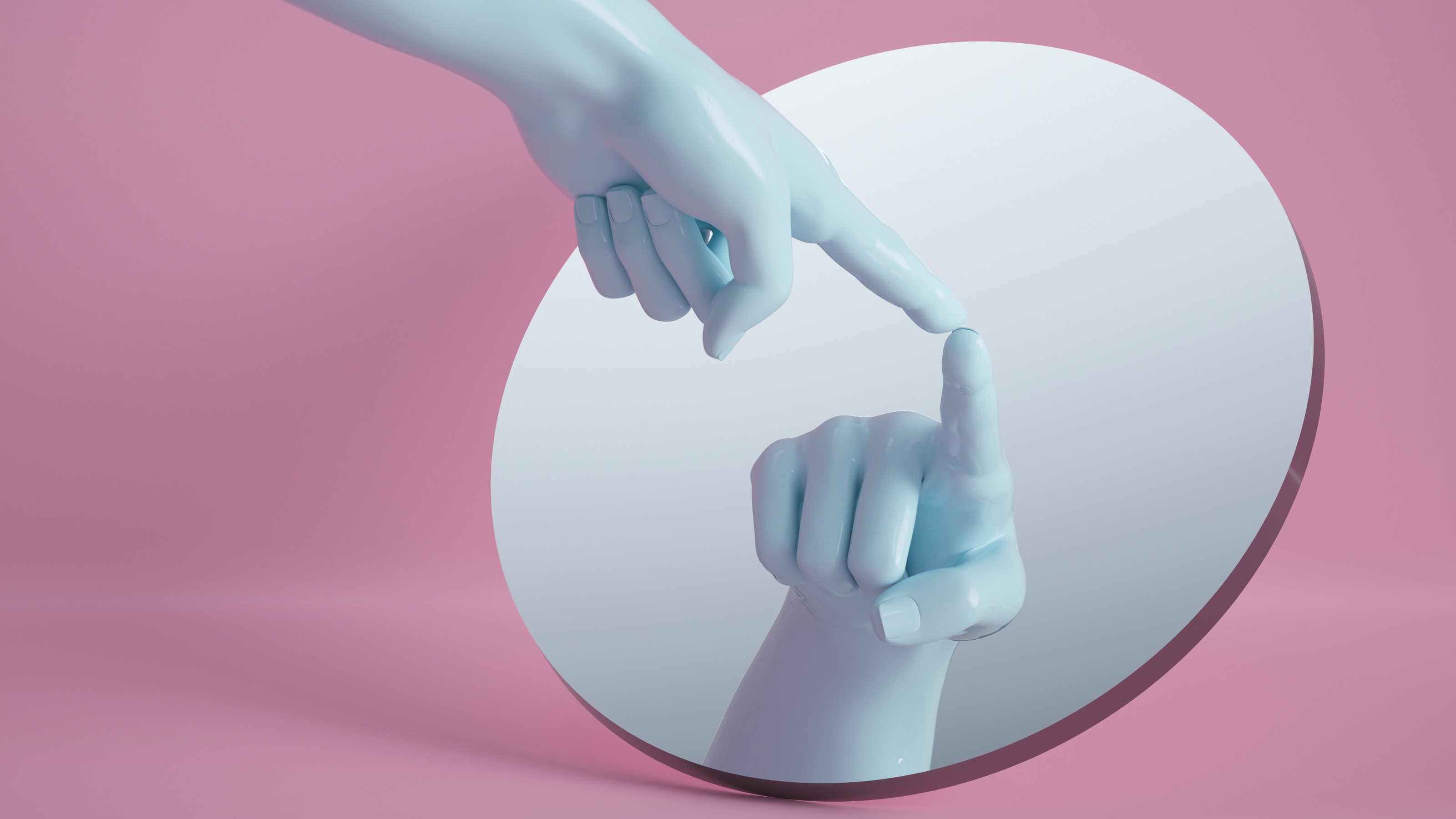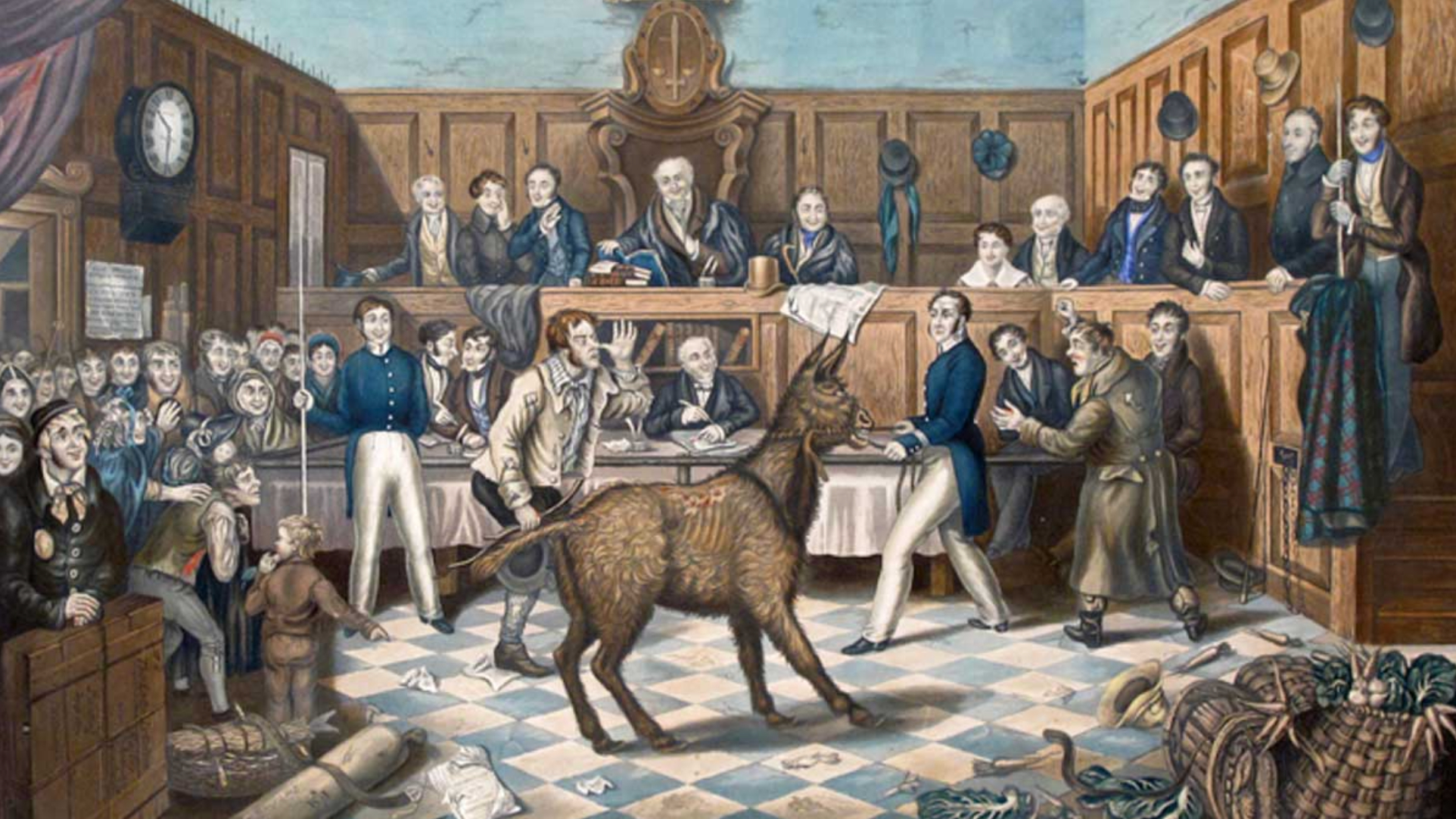Jonny Thomson
Jonny Thomson taught philosophy in Oxford for more than a decade before turning to writing full-time. He’s a columnist at Big Think and is the award-winning, bestselling author of three books that have been translated into 22 languages.
Jonny is also the founder of Mini Philosophy, a social network of over half a million curious, intelligent minds. He's known all over the world for making philosophy accessible, relatable, and fun.

The Church of England is debating if believers should stop using gendered language when talking about God.
Stoicism is a big deal right now, but it has some major flaws. Here’s why you might want to hold off on becoming a Stoic.
If you get married in South Africa, don’t be surprised if someone shows up to the ceremony dragging along a smelly goat.
Evil is easy to identify and fight against; not so with stupidity.
Give yourself (and others) a break.
Find it easier to sort out your friends’ problems than your own? This paradox is for you.
It was originally recorded in the 1970s by cognitive psychologists Harry McGurk and John MacDonald.
“The Da Vinci Code” popularized the idea that Christians stole much of their theology. It’s wrong, especially regarding Christmas.
“Lethal autonomous weapon” sounds friendlier than “killer robot.”
Surely they can’t be worse…can they?
There are different types of atheism and atheists. In general, they can be classified as the non-religious, the non-believers, and agnostics.
Being mortal makes life so much sweeter.
The history of money is a history of convenience, and spending has never been easier than it is today.
In the future, people may look back with horror at how humans treated AI in the 21st century.
Nothing meaningful is done quickly.
How many tins of beans make a stockpile, and when does a basement become a bunker?
What if your best friend was an informant?
It might seem petty and shallow to get upset over a bad gift, but there’s often a deeper reason behind the feeling.
Every Christmas could be the last Christmas.
We could even benefit from more whataboutisms — if they’re used properly.
If you don’t mourn in North Korea, you risk being executed.
Why, exactly, don’t you trust that person’s opinion?
Bring not a bagpipe to a man in trouble.
Colors can influence your emotions and behaviors, but “color psychology” yields no real insight into your personality.
Some animals were even assigned their own lawyers.

